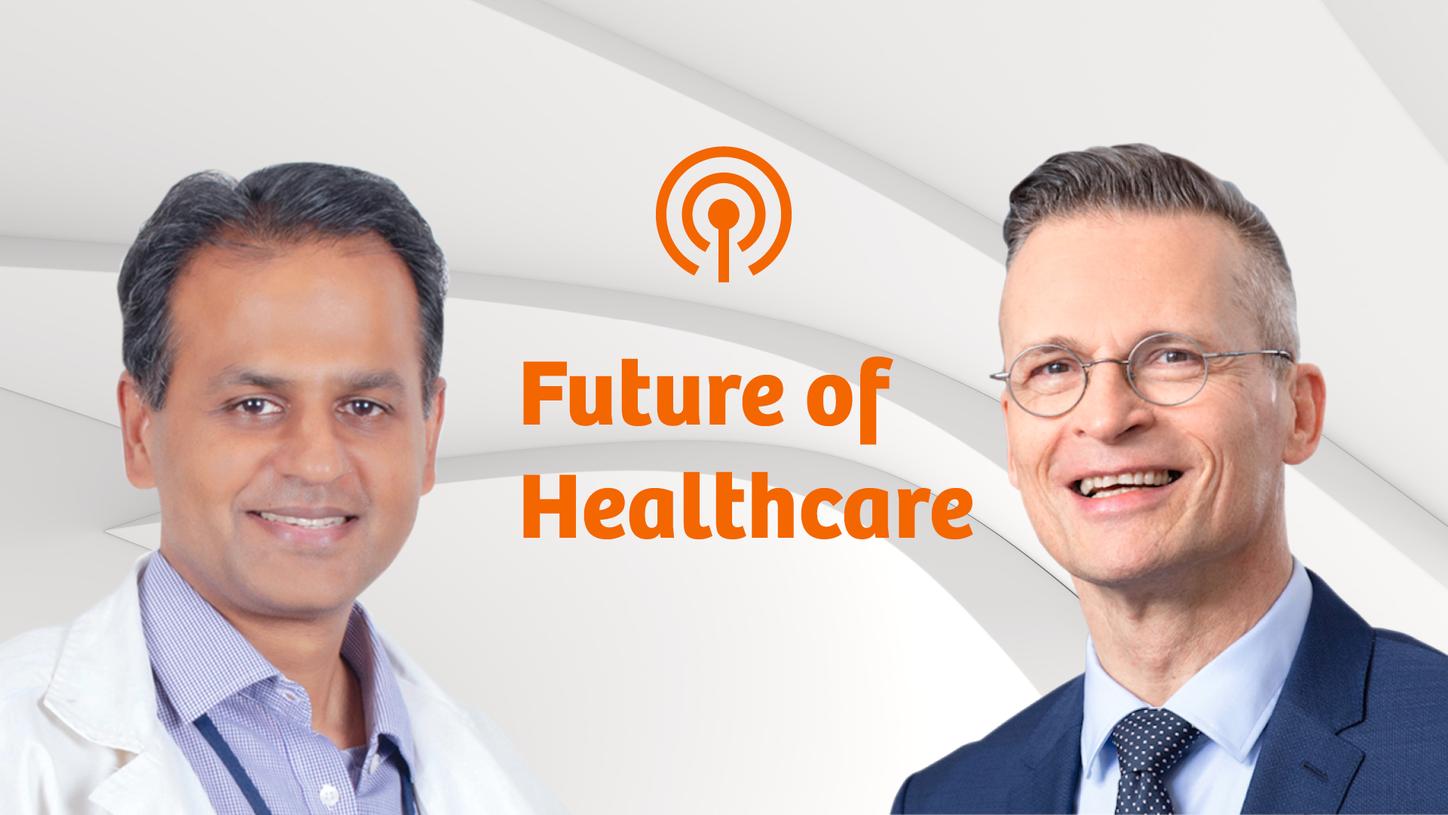The Finnish healthcare system is considered a pioneer: It is almost entirely in state hands, and health services for the population are financed by taxes. In our new episode with Managing Board member Christoph Zindel, Päivi Sillanaukee, MD, Director General at the Finnish Ministry of Social Affairs and Health explains why this has a significant impact on the quality of patient care.
Every country is unique in its healthcare operations. Large parts of Europe have a long history of socialized medicine based on the Bismarck Model, a German system dating back to 1883 which guarantees healthcare to citizens. Programs in Europe and Asia are mostly adaptations of this model.
By the 1960s, however, Finland saw the need to rethink its healthcare system and create something that served its population in another way. Therefore, a group of young doctors who were also in charge of policymaking took the lead in developing a new model. In 1972, the current Finnish healthcare system was signed into law, making public health centers the central concept. This step opened up completely new opportunities for technological innovation in healthcare.
“I think that digital solutions give us possibilities – much better possibilities than before – because they make quality care available for a broader population.”
In this episode, Managing Board member Christoph Zindel interviews Päivi Sillanaukee, MD, Director General at the Finnish Ministry of Social Affairs and Health. She is the thematic ambassador for health and wellbeing at the Ministry for Foreign Affairs of Finland as part of a pilot program of cross-sectoral cooperation on global issues. She also represents Finland on the World Health Organization’s Executive Board.
Hear how the healthcare model in Finland operates, what kind of infrastructure it requires, and how this model actually encouraged digital innovation from its inception.

How does Finland's healthcare system contribute to the nation's happiness?
Finland has a long-standing commitment to delivering high-value care to its citizens – this is even part of the Finnish constitution. The result is a country that continuously ranks as the happiest nation on Earth [1-3], with healthcare being one of the key components.
Read this paper to explore the five main elements that allowed Finland to make significant progress toward more high-value care, a digitally enabled healthcare system, and high satisfaction rates in the population.







